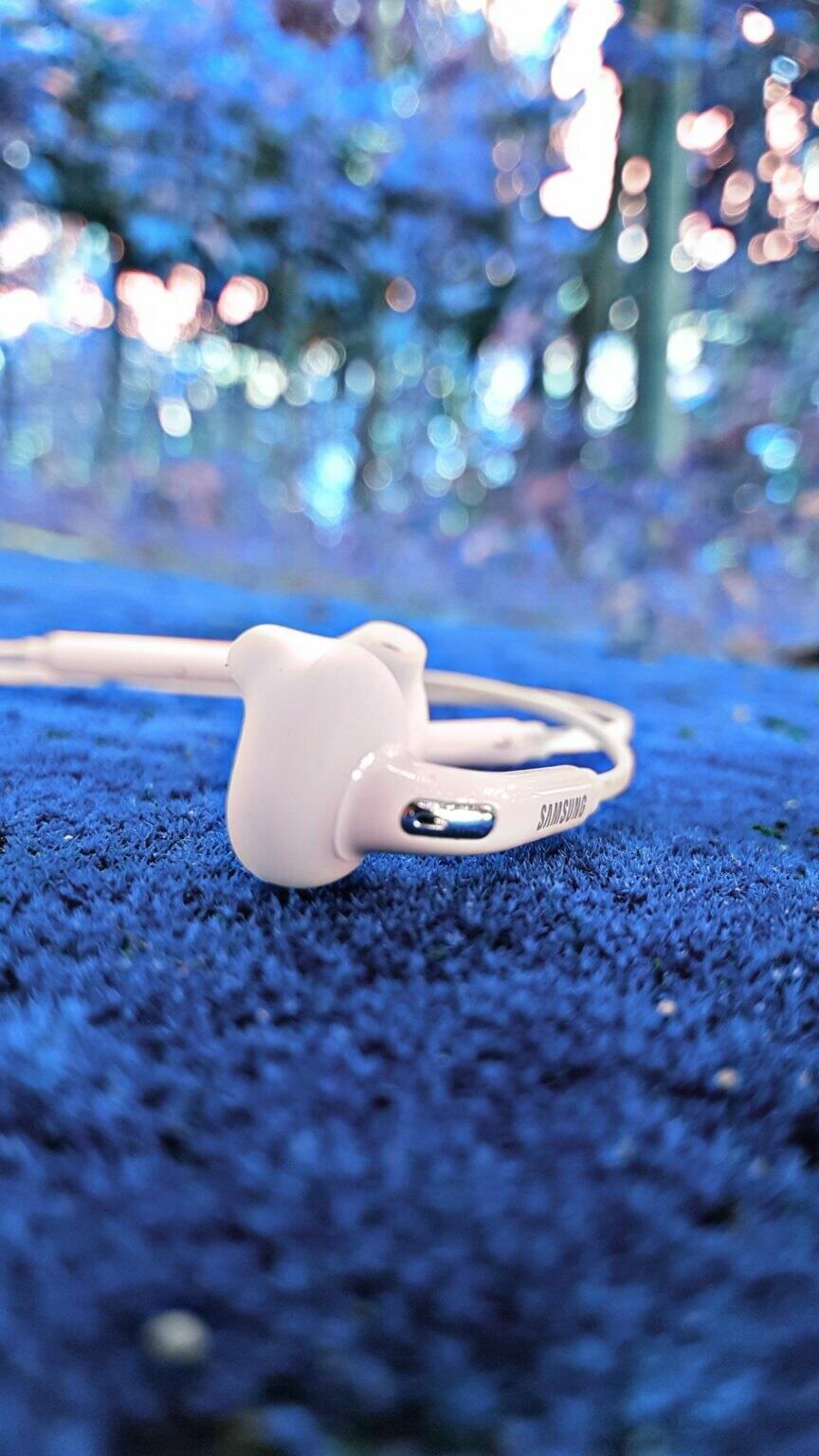Going back to school can be an exciting time for parents and students alike. Friendships are made, minds are forged, and parents get to look forward to their children’s success and growth. Of course, going back to school can also be daunting, especially if a student is deaf or hard of hearing.
While sitting in the front of the classroom can help and is encouraged, there are other strategies parents and students can incorporate. Here are five tips for going back to school with hearing loss.
Talk to Teachers About Your Kid’s Hearing Loss
If you’re worried your child has possible hearing loss, then there are steps you can take. Consulting a doctor is always a good option, but parents want answers fast and we completely understand that. Before talking to a teacher, consider an online hearing test. These types of tests will take your child through a brief set of questions and listening scenarios and will help you identify if you need to see an audiologist or not.
After hearing loss has been identified, you’ll want to talk to your child’s teachers to inform them and see if there’s anything they can do to make your child’s learning experience better. The school should be able to point out tips for your child and teachers should know so your kid’s needs are met.
Ensure Cochlear Implants or Hearing Aids Are Functioning Properly
Before embarking on the journey that’s the first day of school, parents should ensure their kid’s cochlear implants or hearing aids are functioning properly. Schedule a doctor’s visit before classes begin to see if everything is working properly, and take this time to ask the doctor any questions you might have, such as what you and your child should tell the school/teachers.
Pack Extra Batteries for Hearing Aids
Standard hearing aid batteries last between three and 22 days. While a routine can be established so your child always remembers to insert new batteries, not all batteries have the same lifespan which is why it’s a good practice to pack extra batteries for school.
Consider Assistive Listening Devices
According to the National Association of the Deaf, assistive listening devices “are amplifiers that bring sound directly into the ear.” These gadgets are valuable because they help to separate the sounds that a person wants to hear (particularly speech) from background noise.
These devices can help your child’s learning experience. Decide with your child’s doctor if this device is necessary and if it’ll have a positive effect on his or her learning environment.
Depending on how old your child is, the best route could be online classes. After all, online classes allow freedom and flexibility that traditional classrooms simply can’t offer. Consider having your kid take an online learning self-assessment to see if online classes are right for him or her.
Encourage Extracurricular Activities
Many children can feel isolated and different from the rest of the students, but we want to take this time to say there’s nothing wrong with your child and you should reinforce that to him or her. Your child might learn differently as a result of hearing loss, but he or she is still capable of anything he or she sets his or her mind.
To help your kid feel like he or she is the same as everyone else (because he or she is) and has the same opportunities, we recommend him or her partaking in extracurricular activities. This can include sports teams, clubs, etc. Extracurricular activities can help your child feel involved and give him or her a setting to have fun, learn the values of teamwork, and meet new friends.





